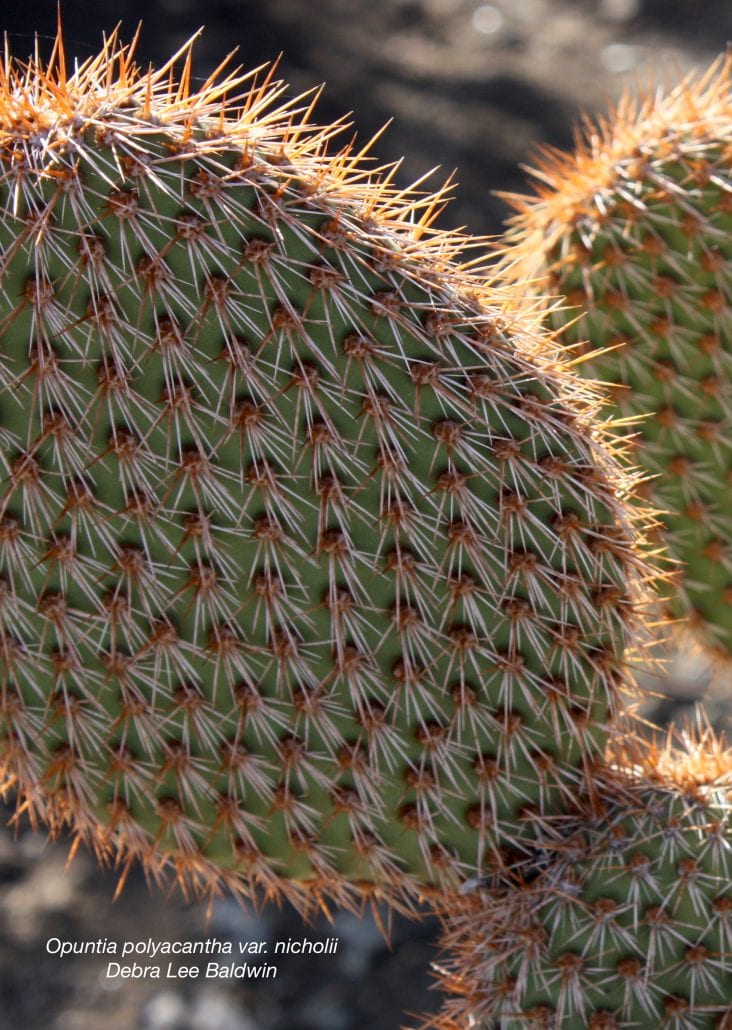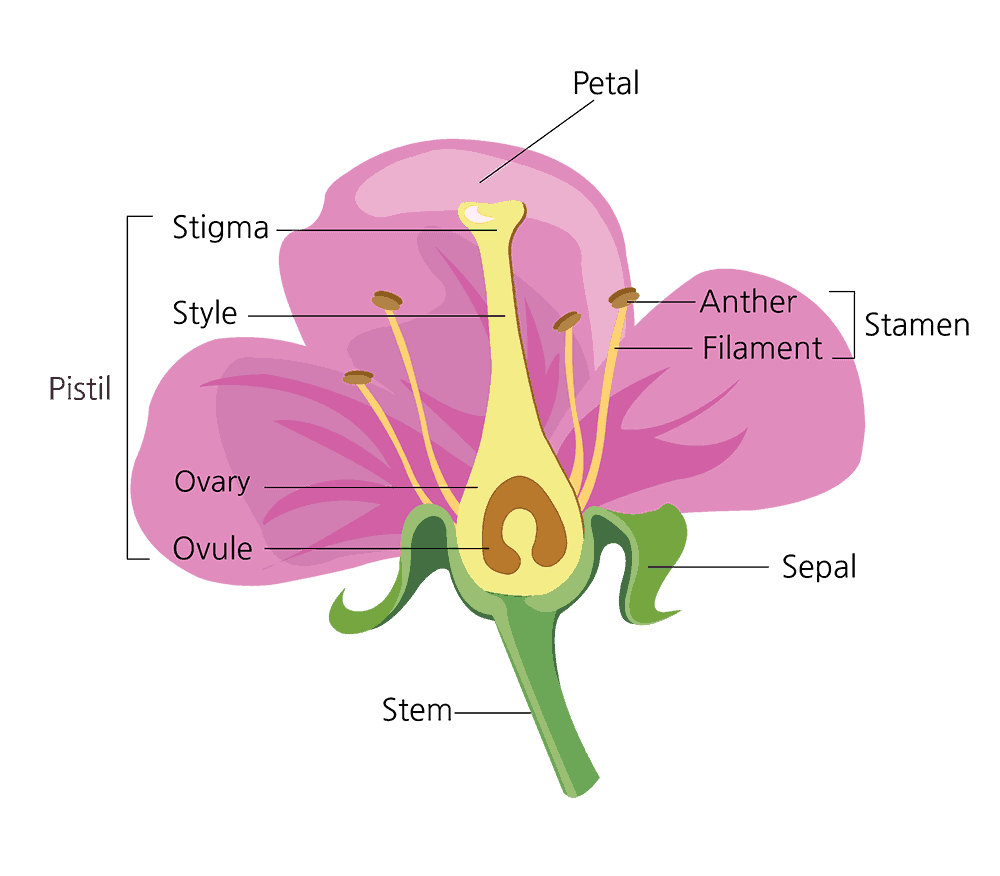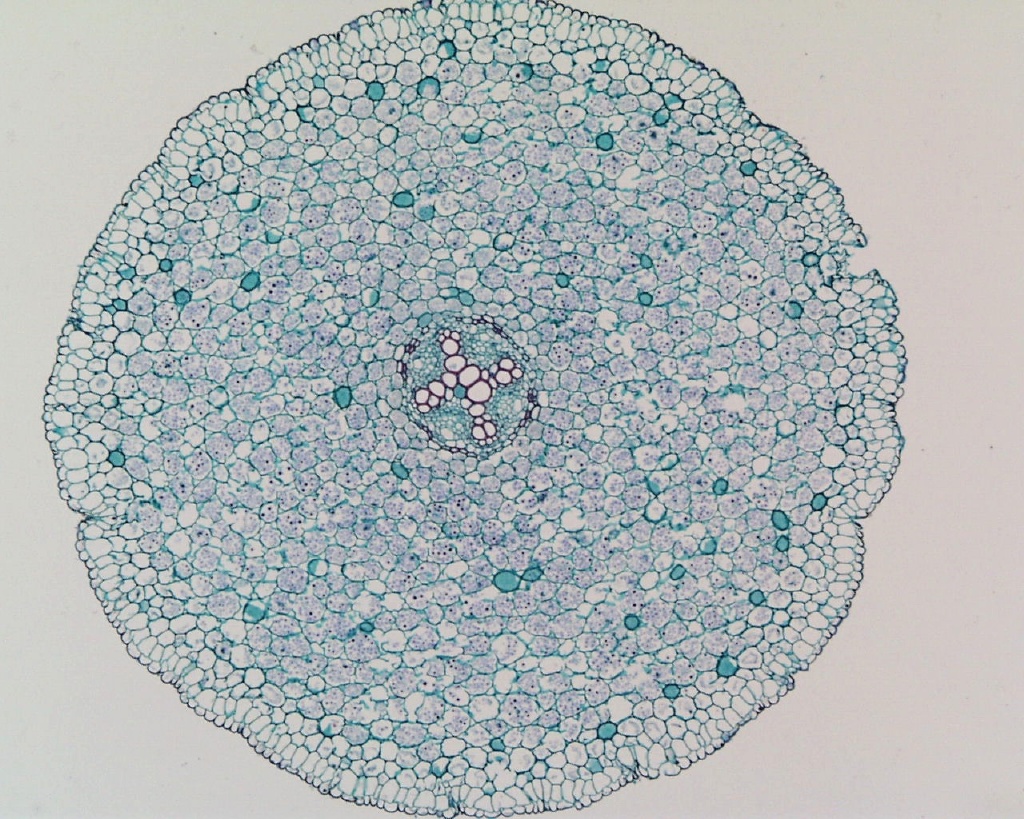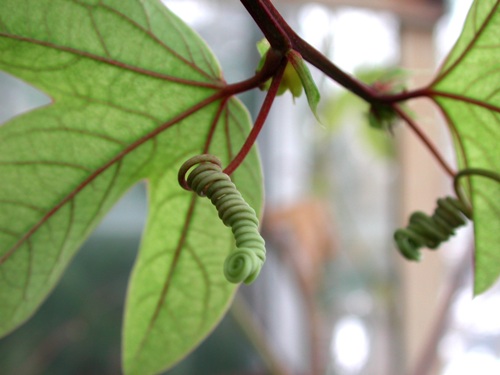What is the purpose of plant roots?
The general purpose of plant roots is that they function to anchor themselves in the soil, absorb and transport nutrients throughout the plant, and store food resources.
What traits entail of stems?
Stems have a shoot system that is made up of the following:
Stems, Leaves, Reproduction structures (Flowers)
Stems grow above ground to support the leaves and flowers of the plant.
Identify the Eudicot & Monocot leaf venation.
A = Monocot leaf
B = Eudicot leaf
Identify and label the Xylem and Phloem. Identify it's a monocot or eudicot leaf.

Monocot Leaf:
True or False: Fungi only appear as multicellular organism.
False: Fungi can also appear as unicellular such as in the case for yeast.
Define these roots:
Root Hairs
Fibrous Roots
Tap Roots
Buttress Roots
Root hairs: Tiny hair like roots that increase the plants absorption.
Fibrous Roots: Thin roots that go off in various directions and explant over large distances. Great at capturing water.
Tap roots: A thick central roots that grows vertically downward into deeper depths to gain more water resources.
Buttress Roots: Roots that grow above ground for more stability.
Name 2 types of modified leaves.

Tendrils: Leaves that occur in a twirling formation that can be seen on grapes and other fruit trees.
Spines
What is unique about pollen?
Pollen lightweight substance that is strictly a male function which allows sperm to be transported to egg producing structures. Unlike with seedless vascular plants, water is not required in the transport and is able to travel further distances.
Why would fungi not be considered a plant if they both have cell walls?
True or False: Mushrooms have mycelium but not hyphae.
False: Mushrooms have both mycelium and hyphae.
Fill in the blank.

What is the difference between Monocots and Eudicots?
Monocots: An angiosperm plant that is organized and emerges as a one seed leaf, parallel leaf veins, scattered vascular bundles, multiple of three flower parts and fibrous roots.
Eudicots: Eudicots emerges as a two seed leaves, branched leaf veins, vascular bundles arranged in a ring manner, flower parts of multiples of 4 or 5, and a taproot.
What are the benefits of seeds?
1. Dispersal
Seeds are able to be dispersed much father distances without much negative impact to them. It also always them to limit competition with parent plant.
2. Dormancy
Seeds allow the embryo to post pone further growth and development until conditions are more favorable.
3. Nourishment
Seeds allow a type of nutrition that the young plant needs to survive after germination.
4. Endosperm
The endosperm serves as nourishment for the developing embryo.

Identify and label the Vascular Bundles, Xylem and Phloem. Identify it's a monocot or eudicot.

Monocot Stem
What is Hyphae? How do fungi display hyphae?
Hyphae: A structure that fungi forms as an extension of its body, hence body filaments.
Hyphae can be displayed as Mycelium which is a large mass of hyphae.
Septate: Hyphae divided by cell walls, hinder movement of cytoplasm.
Coenocytic: Hyphae that has no wall barrier, free movement of cytoplasm.
How does a fruit form?
It forms after the fertilization of an angiosperm egg and sperm. Develops from the ripened ovaries of flowers.
What are 3 ways that fruits/seeds are dispersed.
Wind/Air - Ex: Dandelion
Animal Attachment - Ex: Seeds that have hooks latch themselves to animals wandering around
Eaten by animals - Ex: Seeds are consumed by bird, bird poops out seeds, seeds are then dispersed.
Identify and label the Xylem and Phloem. Identify it's a monocot or eudicot root.

Monocot root:
Identify and label the Vascular Bundles, Xylem and Phloem. Identify it's a monocot or eudicot.

Eudicot Stem
What is the difference between Plasmogamy and Karyogamy?
Plasmogamy: Involves the union of cytoplasm in sexual reproduction resulting ing Heterokaryons and/or Dikaryotics
Karyogamy: 2 haploid nuclei fuse together to create a diploid cell.
Identify and label the Xylem and Phloem. Identify it's a monocot or eudicot root.

Eudicot root:
Identify and label the Xylem and Phloem. Identify it's a monocot or eudicot leaf.

Eudicot Leaf:
What are the 4 traits of Fungi?
Fungi are the following:
Heterotrophic: They digest their food from the outside and absorb the nutrients.
Decomposers: Break down dead organic matter.
Parasites/Pathogens: Causes Valley fever
Mutualists: Arbuscular Mycorrhizal is a fungi that has a symbiotic relationship with plants, both the plant and fungi benefit greatly.
True or False: The Mycelium produce spores via mitosis.
True, the mycelium will produce spores via mitosis when asexually reproducing.
Define what a fruiting body is.
A structure seen in sexually active Fungi that releases spores.
Ex: Mushrooms.
